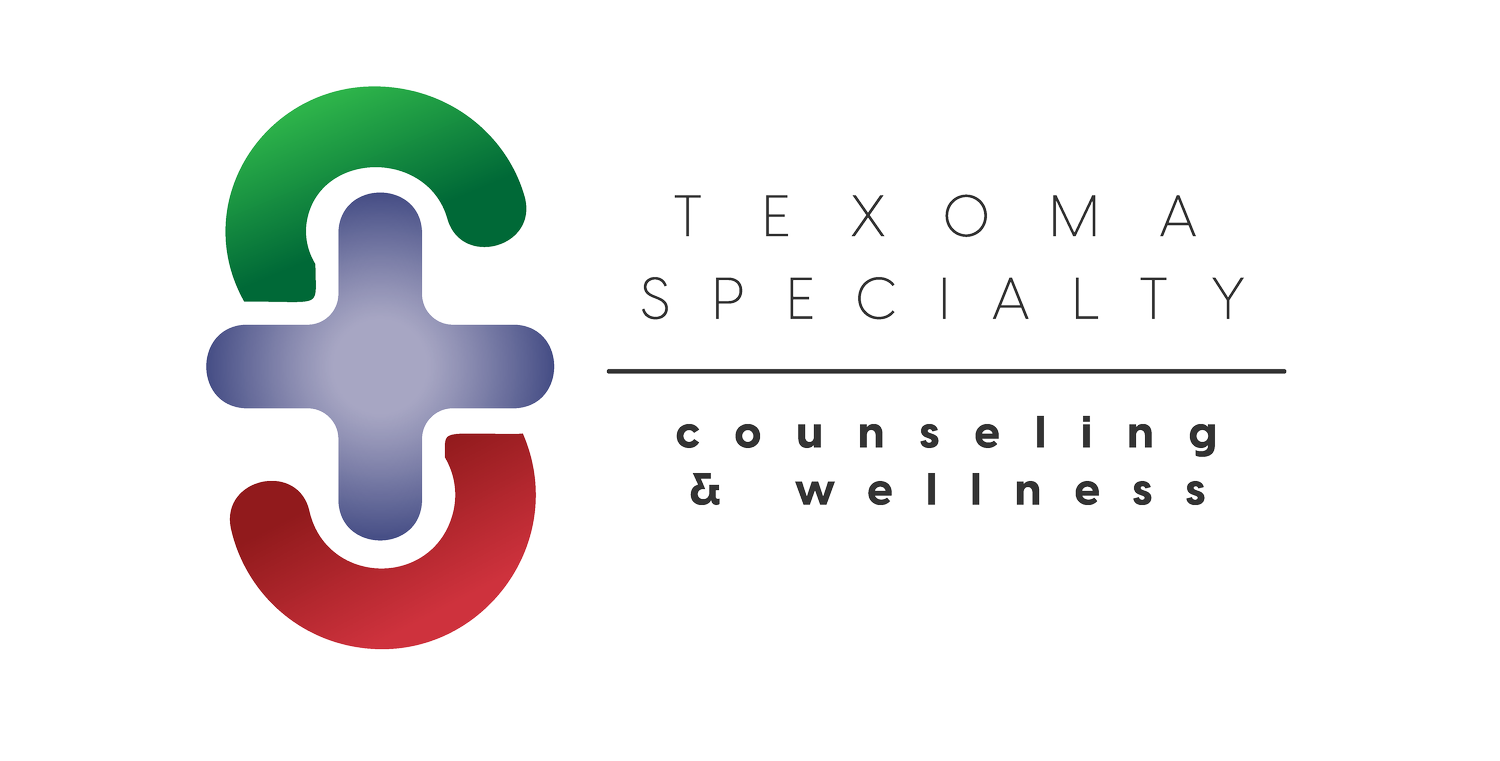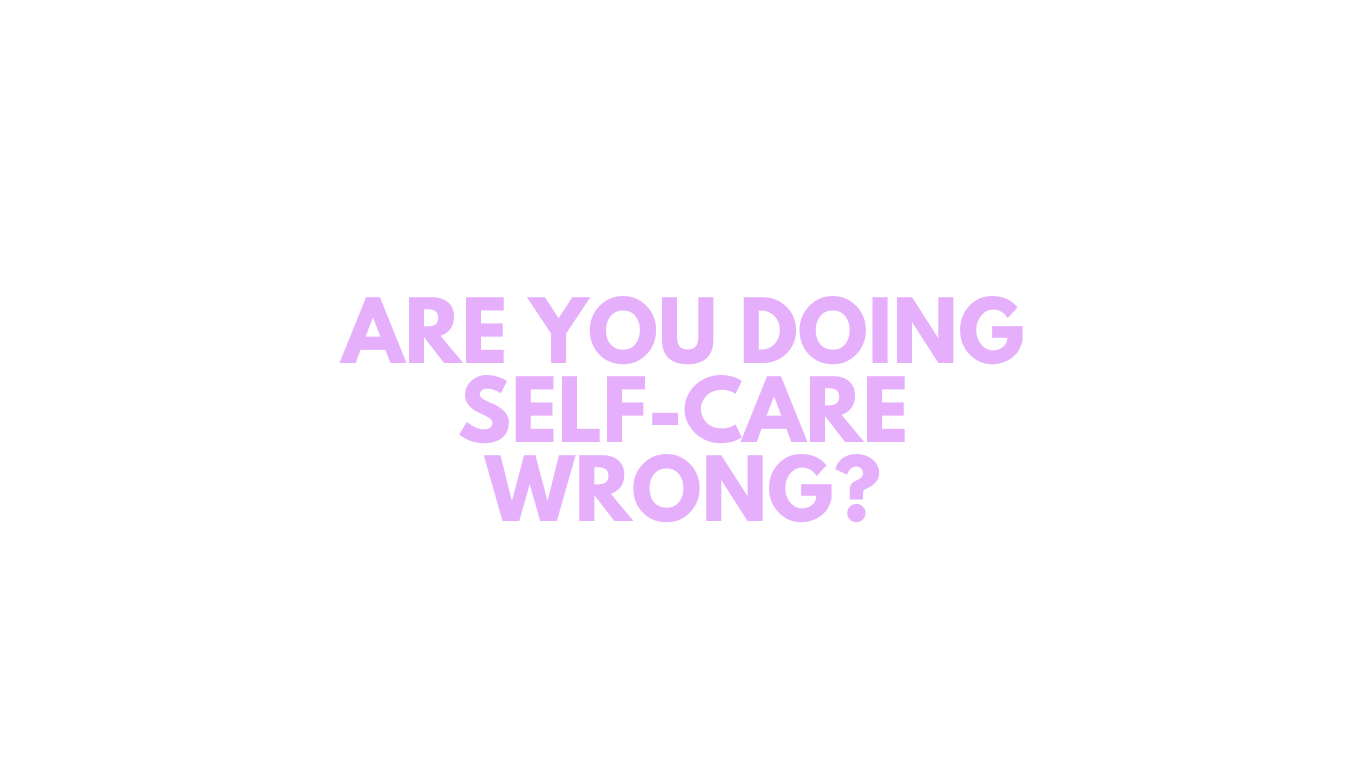Are you doing self-care wrong?
What is Self Care? and am I doing it right?
There is a big push in the self-improvement industry for self-care. Self-care is what you do each day to love yourself, restore balance, and reduce upset. Self-care is the coping strategy(ies) you use from day to day to help you feel better. A Google search on self-care will pull up pages of articles, tips, and advice on how to practice self-care. But despite ALL the information we have about self-care, people are still not doing it right.
Most people can advise what is needed for quality self-care. Could you? Can you list 5 things right now you would tell your friend to do to try to feel better? It seems that people know about self-care, but that people are not actually doing it.
So maybe you cannot tell me about any self-care strategies, but you might imagine that helpers, people that care for and help others, would be experts at self-care. Well, we are not! Helpers also struggle with self-care.
I studied for many years this very issue. I wanted to know why we cannot practice what we preach. I surveyed over 100 individuals that work with helping children and families. I found these individuals are not using self-care because they were not using helpful coping.
I don’t want you to think that helpers are not capable or cannot be trusted because of this information. This information is helpful for you and for those helping others. This information tells us a couple of things.
For one thing it tells us that self-care is hard. Even “experts” struggle with applying this concept. And secondly it tells us there may be a barrier to applying self-care.
I wanted to study this barrier. I specifically asked 100 individuals about their thinking and their coping. I found thinking was related to coping.
The things you encounter in your life, in your past, the things you have been taught, and the things you believe all influence your thinking. What you encounter from day to day will impact how you view yourself, others, and the world. The individuals I surveyed were all exposed to trauma on a daily basis. This thinking is related to more negative thinking that the world, others, and self are not safe. This negative thinking was related to increased maladaptive coping skills. In other words, negative thoughts about self, others, and the world may be a barrier to self-care.
So you are not a helper and you are not exposed to trauma on a daily basis? Hang on! This still applies to you! The things you encounter and have encountered will influence your thinking. Perhaps you have experienced trauma. Perhaps you have seen upsetting things. Perhaps people have communicated you are not worthy or valuable. Perhaps you do not feel successful in your life. Perhaps you feel stressed, angry, depressed, and anxious. These things will impact how you think about yourself, others, and the world.
This thinking will keep you from taking care of yourself on a daily basis. It will keep you from doing things that will help you feel better. If you are struggling with self-love, stress, and upset, think about your thoughts. What do you think about yourself? What do you think about your situation? What do you think about your support? Are these thoughts negative or positive? Are these thoughts helpful or harmful? Are these thoughts uplifting or degrading? If your thoughts are more negative, harmful, and degrading you are going to struggle with self-care.
Want to know a trick for changing negative thinking? Simply think the opposite. Okay I know this is easier said then done, but try it. Take that negative thought and re-write the exact opposite. Then read the more positive statement over and over and over. Watch your thinking and your mood improve!
* Don’t forget to Sign up for our newsletter - it’s FREE and automatically join our newsletter for weekly updates!
Want help? Contact Us


